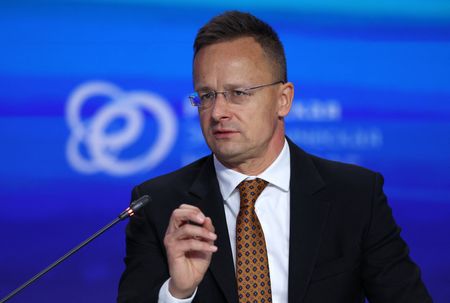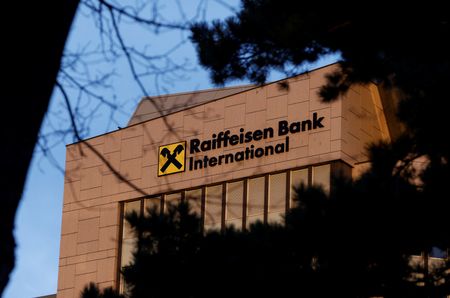By Maria Martinez
BERLIN (Reuters) -Germany’s cabinet agreed on a draft law on Wednesday to encourage work after retirement by allowing those who do so to earn up to 2,000 euros a month tax-free in an effort to combat labour shortages in Europe’s biggest economy.
The change is to take effect at the beginning of 2026 and is expected to cost the state 890 million euros ($1.03 billion) per year in lost tax revenues from 2026 to 2030, according to the draft law seen by Reuters.
“We are setting further incentives for economic growth in Germany,” Finance Minister Lars Klingbeil said in a statement. “For this, business particularly needs older and experienced workers and skilled professionals.”
A MEASURE TO FIGHT DEMOGRAPHIC CHANGES
In 2030, Germany’s working population will probably have decreased by 6.3 million people from 2010, according to an interior ministry demography report. This will push down gross domestic product (GDP) per person as there will be fewer workers for each retiree.
“Our companies are already desperately looking for skilled workers and demographic trends will further worsen the shortage,” Economy Minister Katherina Reiche said, adding that the number of people of working age is decreasing by around 400,000 per year.
Eligible are employees who are subject to compulsory social insurance and who have passed the standard retirement age of 67.
With the existing obligation to pay social insurance contributions remaining in place, the social system will also benefit from the bonus, the finance ministry said.
EUROPE TURNS TO PENSION REFORMS TO ADDRESS LABOUR SHORTAGES
German measures to encourage workers to retire later come as governments across Europe turn to pension reforms to address worker shortages and ease the burden on their pension systems.
Nevertheless, it is a politically divisive topic which can have a high political cost for governments, as seen in France.
French Prime Minister Sebastien Lecornu on Tuesday suspended a landmark 2023 pension reform until after the 2027 presidential election, bowing to pressure from leftist lawmakers who had demanded such a move to ensure his political survival.
($1 = 0.8634 euros)
(Reporting by Maria MartinezEditing by Madeline Chambers and Toby Chopra)









